AFP/OGADISHU — Two strong explosions rocked the strategic Somali city of Baidoa hours after Ethiopian and pro-government forces wrested it from Al-Qaeda-backed insurgents, officials and witnesses said Thursday.
Shebab spokesman Sheikh Abdulaziz Abu Musab claimed responsibility for the blasts late Wednesday, saying they had inflicted “heavy losses” on pro-government forces.
He said the explosions “struck them when they entered positions our fighters had emptied”. He pledged to continue the conflict “until Islam becomes the only principle that rules the country.”
News of the blasts came as world powers met the fragile Somali goverment at a London conference Thursday to try to build on progress in the struggle against the Islamist militants, who have allied themselves to Al-Qaeda.
The Shebab claims of casualties could not be verified.
Ethiopian troops, who recently entered the country to back up a weak government army, have placed the southern Somali town under curfew after sweeping into Baidoa on Wednesday afternoon without resistance.
One resident, Warsame Adan, said a local factory had been targeted in one of the blasts after Ethiopian forces took it over.
“We don’t know if there were casualties, as we could not go out at night because there was a curfew.”
A man suspected of looting was shot dead by Somali forces, said Derow Nur, another resident.
“He had entered a former Al-Shebab base and was killed by Somali troops,” Nur said.
“The Ethiopian soldiers have set up bases around town, and traffic on the streets is gradually getting back to normal,” he said.
The black flag of the Shebab was hauled down off a flag pole in the centre of town on Thursday morning and Somali government officials said the town was calm.
They added that they would continue attacking the Shebab insurgents who had fled Baidoa hours before the Ethiopian-backed forces took control.
“The city is quiet this morning, and people are feeling free for the first time in more than three years,” said Abdifatah Mohamed Ibrahim, governor of the Bay region, which includes Baidoa.
“The enemy fled, and we will keep hunting them down to ensure stability returns to the region,” he added. “Security forces will intensify their operations to end insecurity.”
Baidoa was one of the Shebab’s main bases and its capture leaves the group’s fighters in central Somalia increasingly isolated, with the African Union mission (AMISOM) also chasing them out of the capital Mogadishu.
Although the insurgents still control large parts of southern Somalia, they face a land and air offensive by Kenyan forces there.
However, Shebab fighters, who claimed their abandoning of Baidoa was a tactical retreat, said they had seized back areas between the town and the Ethiopian border lost in earlier battles.
“Mujahedeen fighters retook control of several areas the enemy seized on their way to Baidoa,” Musab said. The claims could not be verified.
The withdrawal follows the Shebab’s abandoning of most fixed positions in Mogadishu last August after failing to oust the transitional government in four years of fighting.
Blasts in Somali town seized by Ethiopia from rebels
Latest from Blog

How to Solve the Problems Facing Ethiopia
Tsegaye Tegenu, PhD 2025-01-05 To begin with, what are the problems facing the country right now? Are you able to clearly identify and articulate them? Here are some tips to help you:
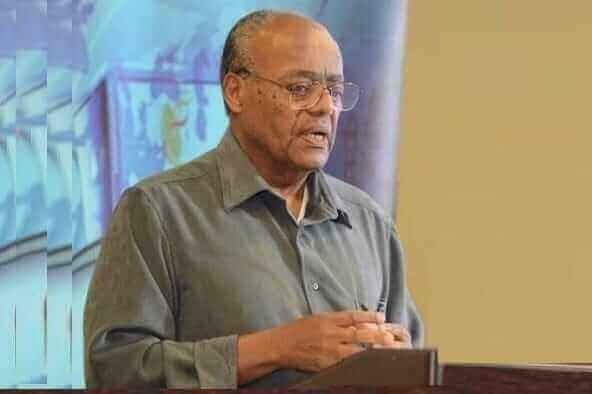
Addressing the Root Cause: Why Ethiopia Must Abandon Ethnic Federalism for National Unity
Bedilu Mulualem This is a follow-up of my rejoinder Messay Kebede’s “Elites’ Power Grab Contra People’s Empowerment” Based on lived experience and root cause analysis, Ethiopia’s ethnic federalism, instituted under the 1995
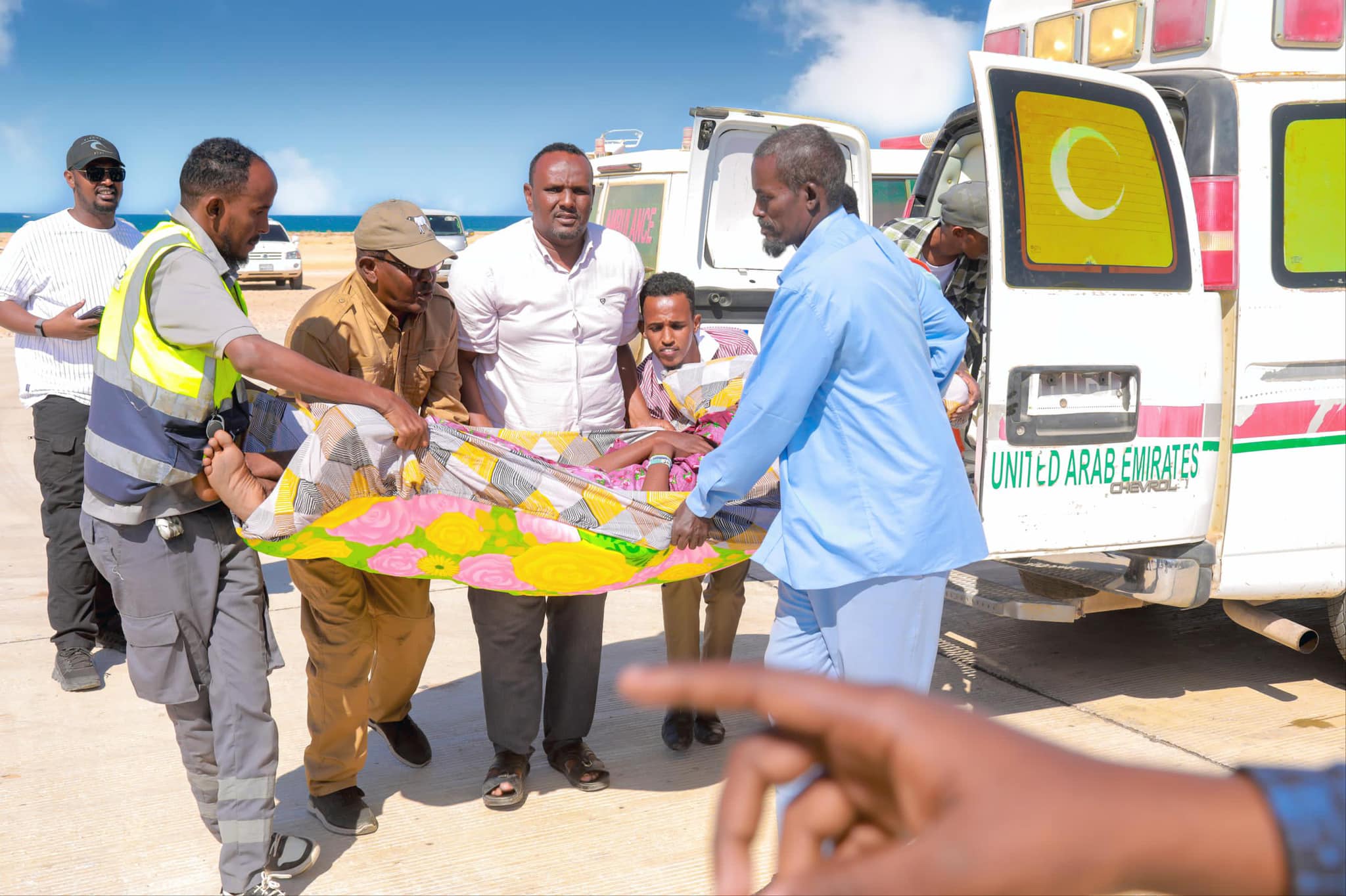
Puntland Sends Injured Soldiers to Ethiopia Following ISIS Assault
Puntland authorities have successfully airlifted several soldiers who sustained injuries during an ISIS attack on a military base earlier this week. The evacuation was carried out to Ethiopia, where the soldiers will
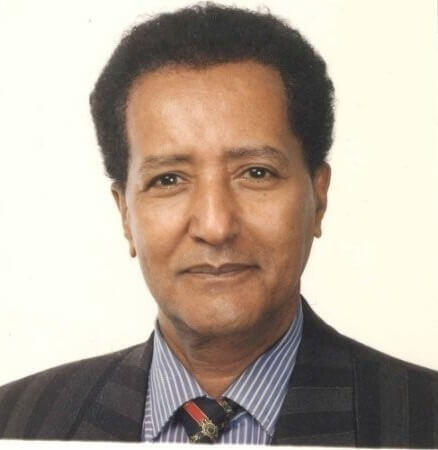
Of Jawar and Ethiopia
Paulos Milkias, Ph.D. Professor of Political Science Concordia University Montreal, CANADA For many Ethiopian intellectuals, including myself, Jawar Mohammed has been perceived as an Oromo nationalist with a Moslem bent. However, this
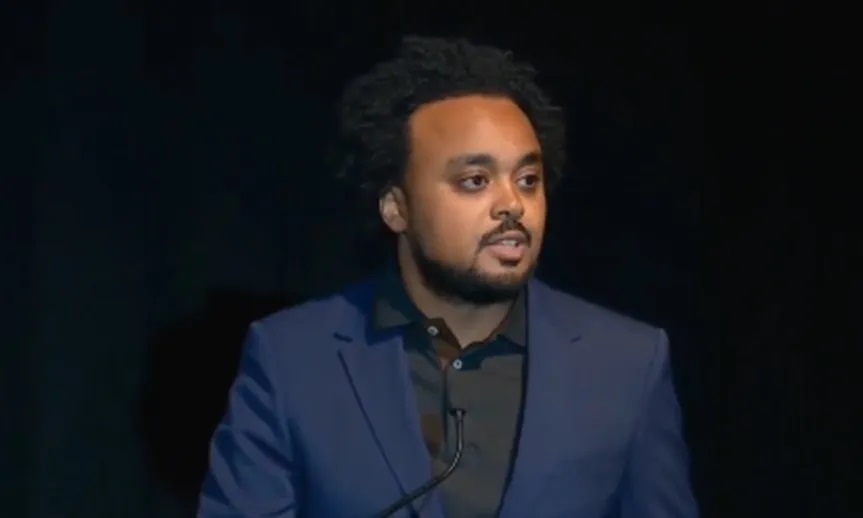
There’s Forgiveness and Then There’s Betraying Your Own Values: An Open Letter to the Amhara Association of America
Jeff Pearce Jan 03, 2025 The AAA celebrating Zecharias Zelalem is a slap in the face to those who lived through the TPLF war and those who remember his contemptible behavior. Dear

Open Letter to Ethiopian Securities Exchange (ESX)
By LJDemissie January 02, 2025 Dear CEO Tilahun E. Kassahun and the ESX Board, I hope this letter finds you well. I am writing to address some observations and concerns regarding the
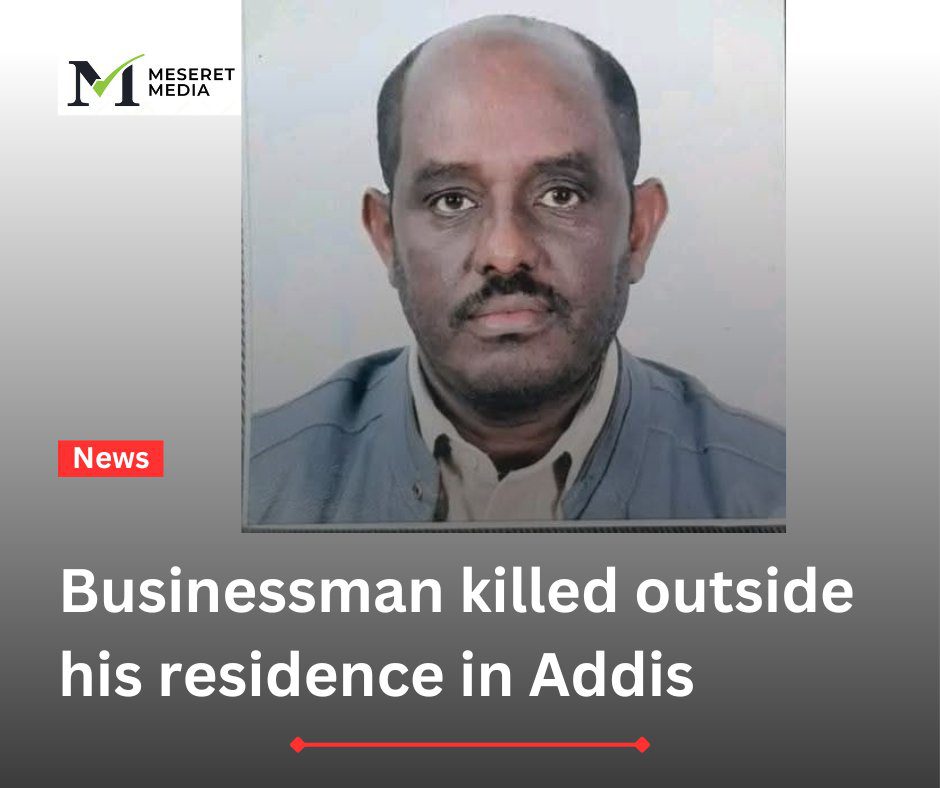
Targeted Attacks on Amhara Elites: Abiy Ahmed’s Genocidal Campaign
The intentional and systematic assault on Amhara elites under the regime of Abiy Ahmed represents a stark illustration of the wider genocidal efforts directed at the Amhara population. Notable figures among Amhara
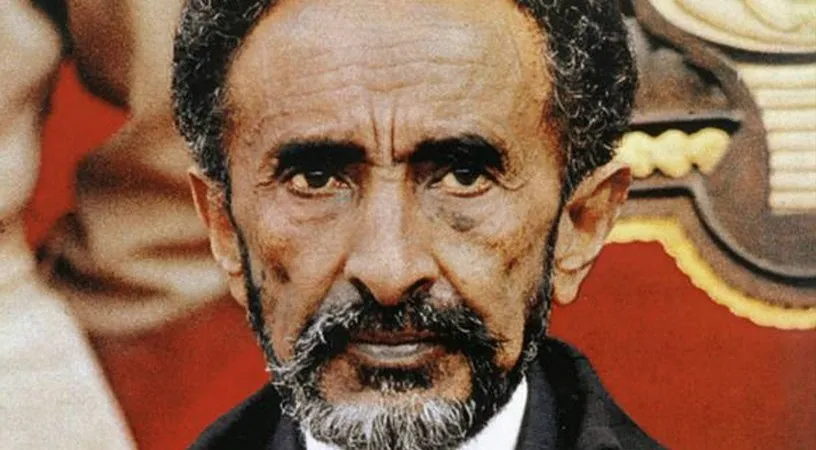
Ethiopian History: Fighting more lies about Haile Selassie and the Second Italo-Ethiopian War
Jeff Pearce Jan 01, 2025 A favorite target of those trying to undermine Ethiopian culture is Haile Selassie. Fortunately, it’s easy to set the record straight. My book, Prevail, a history of the

Amhara Diaspora Global Forum Fundraising event call
The Amhara Diaspora Global Forum is coordinating a fundraising initiative aimed at supporting various causes pertinent to the Amhara community. This event seeks to generate financial resources for humanitarian projects, educational initiatives,
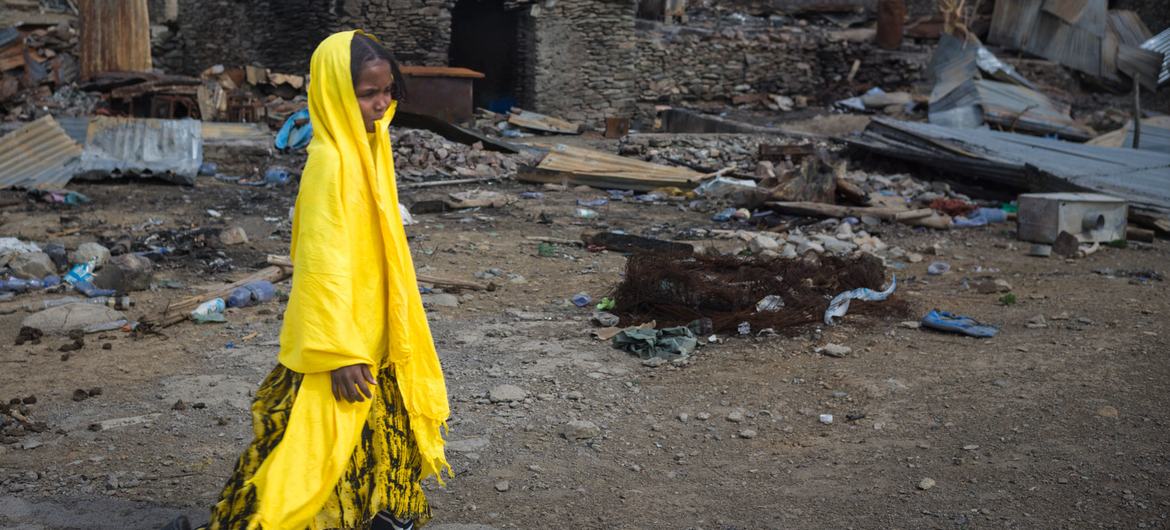
Ethiopia: Crisis Spirals from Bad to Worse
DNE AFRICA Seen as political rivals and a threat to the ethnic based federalism that divided the country along tribal lines in Ethiopia, the Amhara people have been a subject of systematic
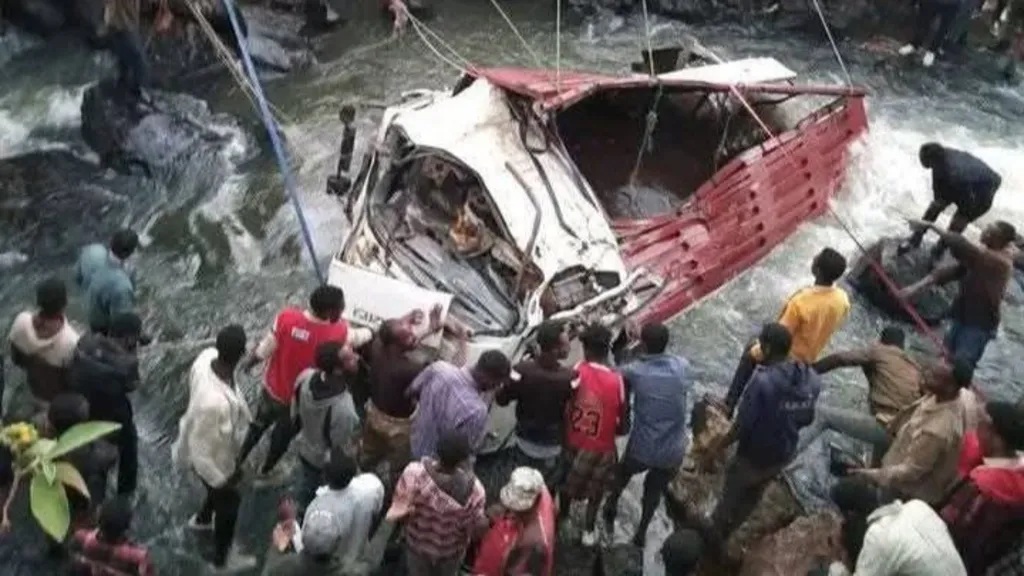
Tragedy on the Roads: 70+ Lives Lost in Southern Ethiopia Accident
A tragic road accident in southern Ethiopia has resulted in the loss of over 60 lives, as reported by local health officials on Sunday. The incident, which took place at Gelana bridge

Jimmy Carter, the former President of the United States, passed away at the age of 100
Jimmy Carter, the former President of the United States, who was widely recognized for his dedication to peace and the promotion of human rights, passed away on December 29, 2024, at the

Abiy Ahmed Ali is a chief terrorist in Ethiopia and East Africa
December 27, 2024 Tesfaye Yigzaw Amhara as an ethnic group has only one choice either to survive or vanish out from the surface of the earth. For Ethiopia’s sovarginity and existence as
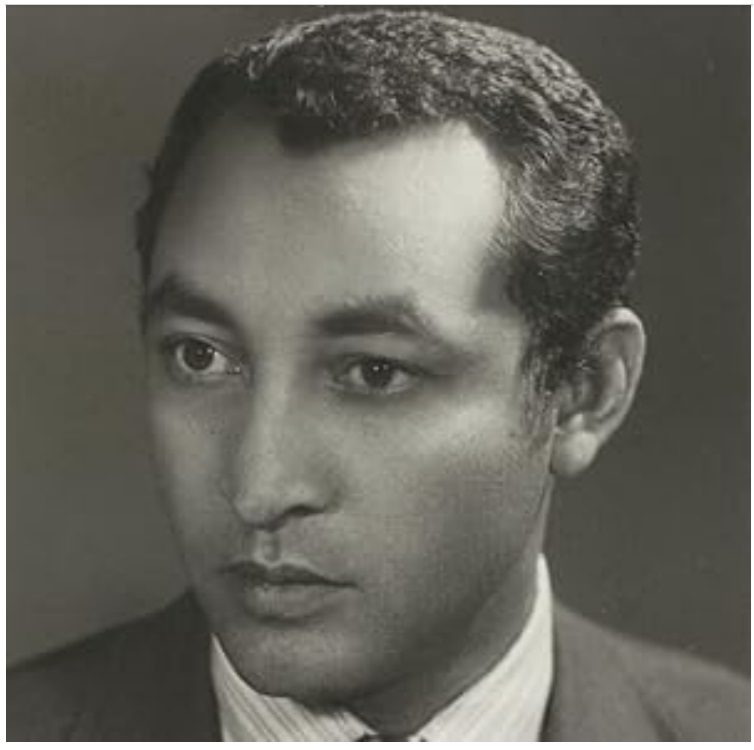
Truism taken from Bealu Girma’s Works
Slager Ferede – December 26, 2024. As a renowned journalist, Bealu Girma was a prolific writer and author of several articles and books. Bealu was articulate, astounding, and mindful. He was highly

Urgent Human Rights Appeal Letter
December 26, 2024 To: United Nations Human Rights Council Amnesty International Human Rights Watch African Union Human Rights Directorate European Union External Action Service United States Department of State, Bureau of Democracy,
